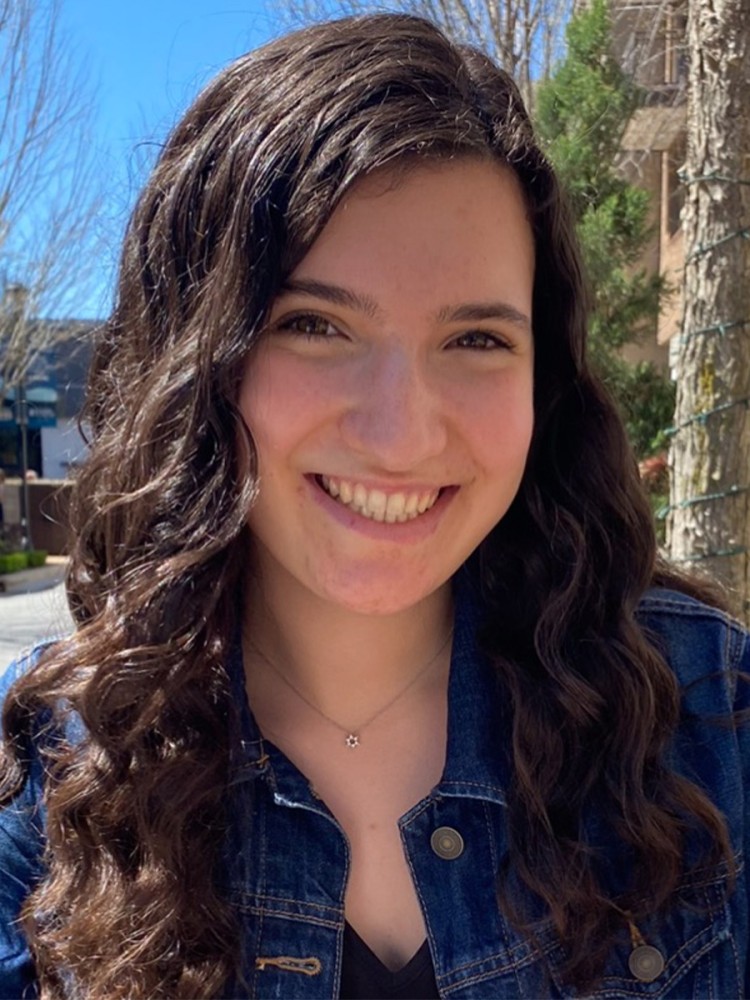By Ellianna Cierpiot
[email protected]
Over the years, film has been integrated into many disciplines at Grinnell, from Russian, French and German cinema to feminist film theory. However, for students with a strong interest in filmmaking or the practical aspects of film production, the lack of a cohesive film studies program can be limiting, as one Petition 2016 and an opinion piece in the S&B; in 2017.
The newly approved Film and Media Studies concentration, which was approved by Grinnell faculty on December 6, 2021, will codify available film courses and add new courses.
“We have these rich course offerings scattered throughout the program. So now we’re bringing that curricular structure to those courses and adding new courses focused on film and media production and film studies,” said film and media studies professor Nicky Tavares, who was hired at Grinnell in 2019. to direct creation. of the department. “So far we’ve added Fundamentals of Video Production and Introduction to Film Studies, so those have been regularized and they will serve as the foundation for the curriculum, and then we can build on those other course offerings. on campus in different departments to complete the concentration.
Tavares says the philosophy of the newly approved Film and Media Studies concentration combines the study of film theory with the practical practice of creating meaningful video projects. She said most of the expansion that will be done regarding course offerings for the concentration will focus on production.
“I think it’s important to understand that the College is looking at a program that emphasizes theory-based practice and complements the broader Grinnell liberal arts experience…so we want to focus on media production” , Tavares said.
Although there are currently courses focused on video production, the focus on it will expand the types of projects students can undertake, such as larger team productions involving many people.
“Students really discover their own original creative voices through these classes, so that’s the main focus of the production classes. [that] are based on their unique interests,” Tavares said.
Isidro Mendizibal `23, who has taken several filmmaking courses at Grinnell since they began to be offered, said the resources and assignments available to him were geared more towards individualized work than collaboration.
“It was kind of a personal project in a way that feels like poetry with imagery, that leads to being a bit more experimental and away from working with actors, for example,” Mendizibal said.
He also pointed out that the complexity of the medium makes independent work difficult without the support of an existing film program.
“The thing is, there are so many aspects to movies,” Mendizibal said. “The medium is hyper-complex because…it’s a confluence of so many things. So it’s literature and storytelling… And putting that in a way that’s kind of as aesthetic as painting. And then you have the whole aspect of acting and theater and doing things with the body.
Digital Equipment Manager Ethan Nelson also said the addition of the focus will allow students to create more sophisticated projects.
“Right now we have enough to cover documentary filmmaking and smaller-scale stuff,” Nelson said. “But I think we’re expanding to accommodate all the different styles.”
He predicts that as students’ work becomes more complex, so will their work.
“Well, the types of questions I’ll be getting are definitely going to expand because it’s going to be like, ‘Hey, how can I film this thing in my dorm for a weekend?’ to ‘Hey, we have a crew of ten. How do we confuse the actors? How can we put six or seven lights and light up a house?’” Nelson said.
Currently, Grinnell does not have the video production equipment required for larger-scale projects.
“So far we have pretty smooth camera packages,” Tavares said. “But they’re, you know, they’re not at the level that Netflix approved. So that’s where we hope to grow.
According to Nelson, the plan is to move from the current offering of 4k cameras and their associated equipment to cameras that shoot 6k with raw recording, which is much closer to what is used in the professional film industry.
For now, however, the Film and Media Studies concentration is also accepting credits from programs that have the infrastructure to support projects that Grinnell currently cannot.
“We will also honor up to nine study abroad credits,” Tavares said. “So some programs like FAMU in Prague to focus on production in a way that we are not yet able to focus on [it] …so it’s a great way for students to enhance or supplement what they’re learning here, and then as our program grows, we hope to offer more advanced team production courses.
Requirements for the Film and Media Concentration will include 8 credits in core courses, such as Introduction to Film Studies, 12 elective credits from both production and theory areas of study, and a seminar of 4 credits or MAP.
These classes will look at films from different places, perspectives and time periods, which Tavares highlighted as important.
“I think it’s important to watch films from non-Western traditions,” Tavares said. “I think it’s important to balance, so to create opportunities to see films from those who are historically underrepresented.”
One way to address this, Tavares says, is the Grinnell College Film Society, an initiative to support focus by bringing in filmmakers with diverse voices. Although many of these events have been virtual, on March 11 they will welcome Afro-surrealist filmmaker Christopher Harris, who will present and discuss his experimental short films.
“It’s important to recognize that there is an established cinematic canon, and part of our job as scholars and filmmakers is to critically interrogate that canon,” Tavares said. “We recognize this while introducing and elevating new voices.”

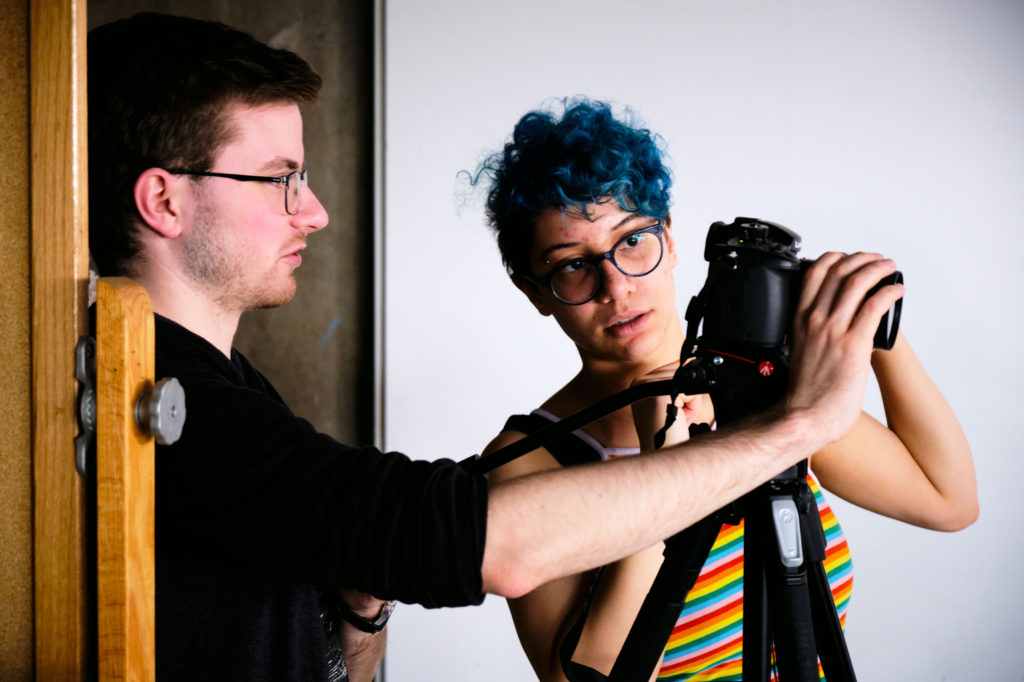

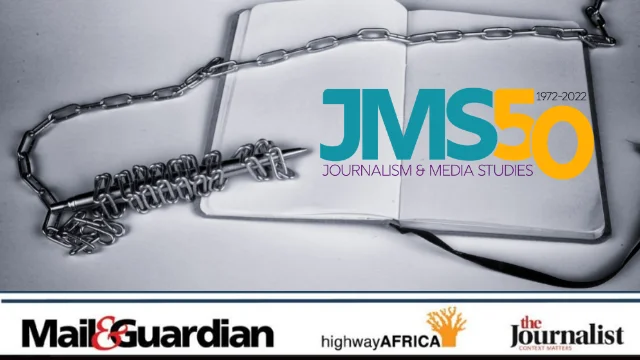
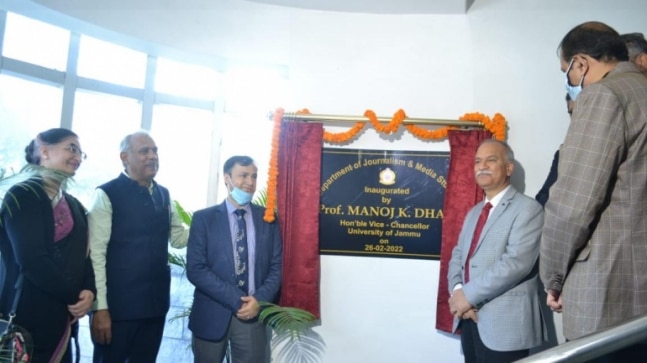
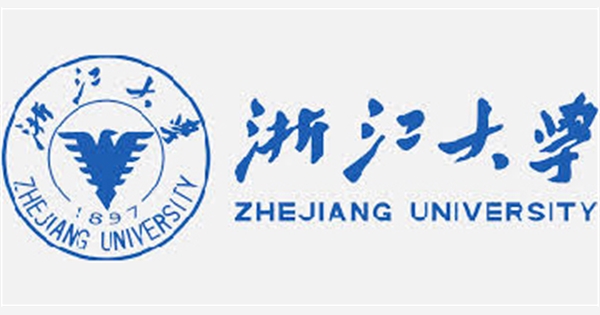
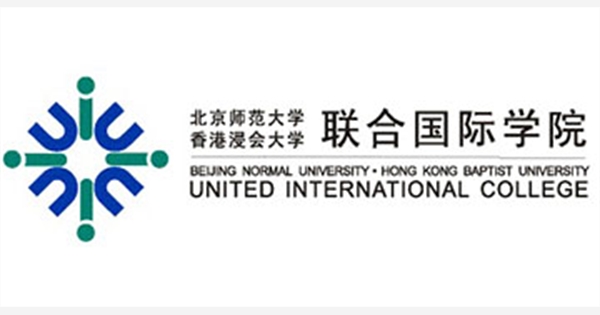
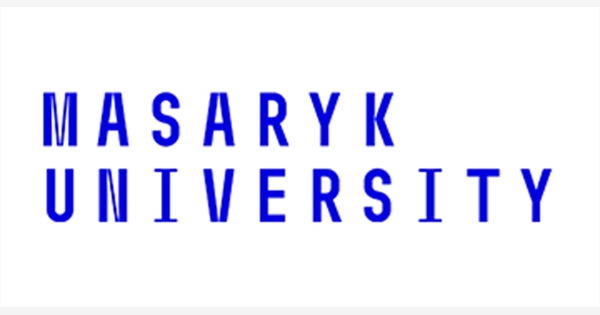
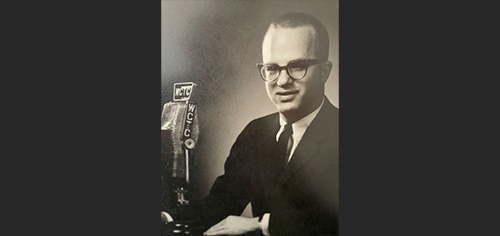
 Cohen also contributed to the university in many other significant ways. He was the first on-air game announcer for Rutgers Basketball. He was the moderator of “The Rutgers Forum”, a public affairs program on WABC channel 7 and WNET channel 13. The highlight of that role for him, his family wrote, was moderating the programme’s 1,500th broadcast, when he interviewed the four new living Governors of Jersey. In 2013, Cohen received the Livingston Legacy Award from the Livingston Alumni Association.
Cohen also contributed to the university in many other significant ways. He was the first on-air game announcer for Rutgers Basketball. He was the moderator of “The Rutgers Forum”, a public affairs program on WABC channel 7 and WNET channel 13. The highlight of that role for him, his family wrote, was moderating the programme’s 1,500th broadcast, when he interviewed the four new living Governors of Jersey. In 2013, Cohen received the Livingston Legacy Award from the Livingston Alumni Association.  Professor of Journalism and Media Studies, John V. Pavlik, said:
Professor of Journalism and Media Studies, John V. Pavlik, said: